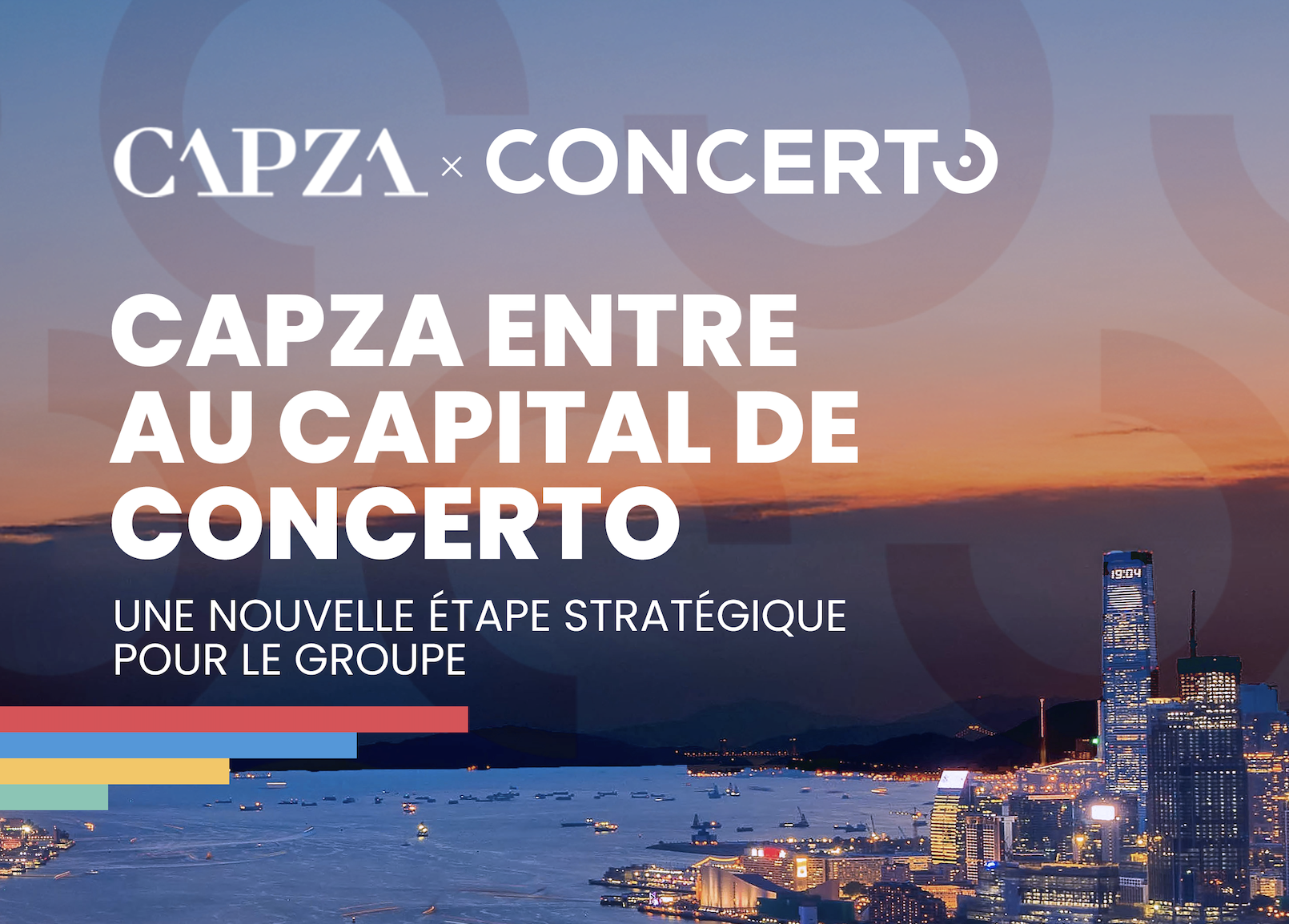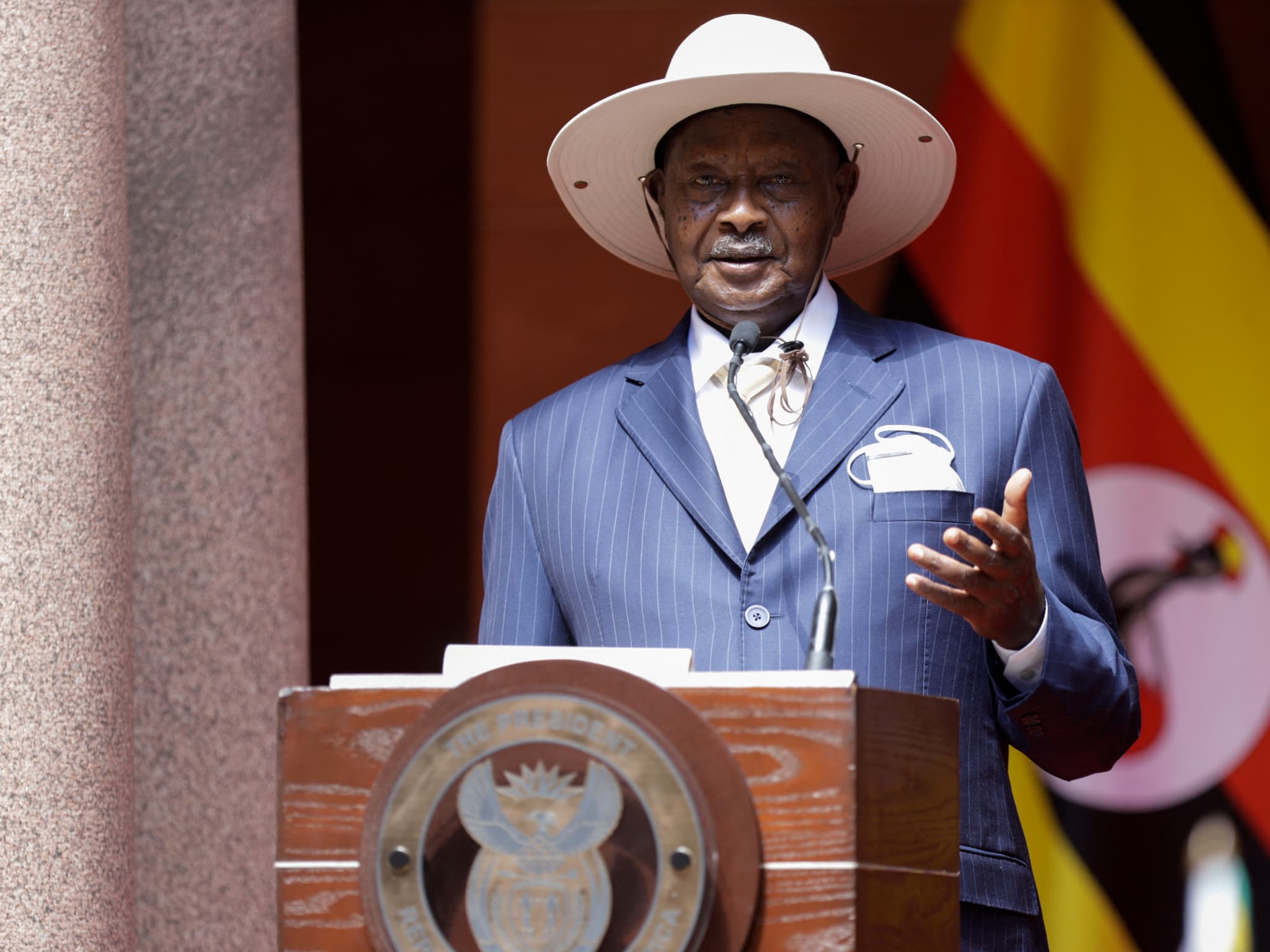The UAE–Africa Corridor: Why reputations and relationships drive growth
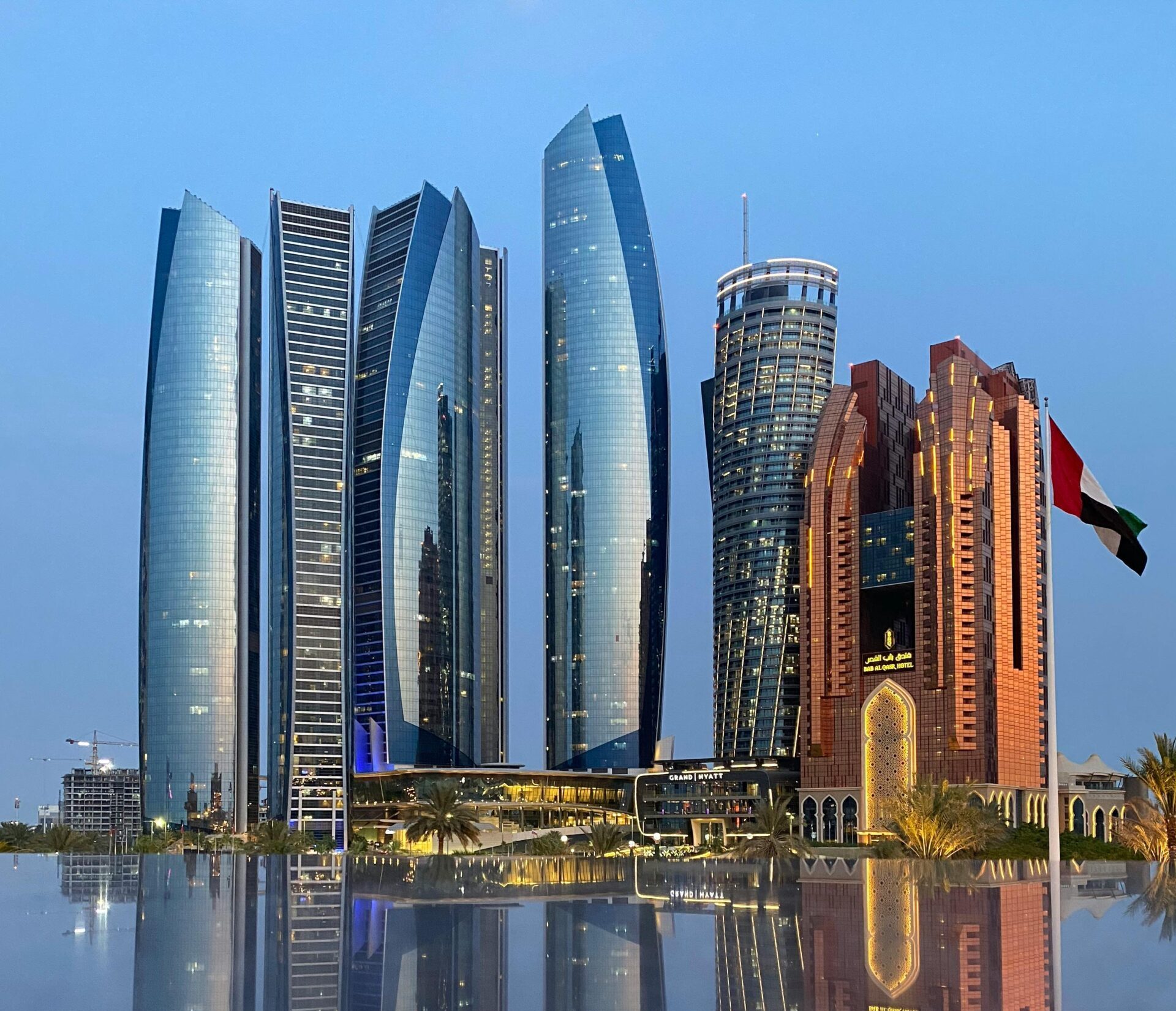
The trade and investment corridor linking the United Arab Emirates and Africa has matured into one of the world’s most dynamic, yet complex, economic arenas. With bilateral trade estimated at more than USD 60 billion annually and Emirati investments present in ports, energy, finance and agribusiness across the continent, the corridor is increasingly central to both sides’ growth strategies. But ambition is not without risk. Political volatility in parts of Africa, regulatory opacity, fragmented markets, and the UAE’s own competitive landscape all demand a disciplined, intelligence-driven approach to engagement.
This is where strategic communications and business intelligence come into play. At its best, this discipline does more than polish reputations: it provides companies, investors, and governments with the clarity to anticipate political shifts, protect their licence to operate, and secure meaningful partnerships in markets where traditional playbooks fall short.
About
Cédric Roux is Managing Director of Concerto Middle East. He advises public and private organisations engaged in the GCC–Africa trade corridor, leading complex projects in strategic communications and business intelligence. His work spans finance, energy, mining, agribusiness, and infrastructure. For enquiries or to explore how Concerto can support your objectives, contact him at cr@concerto-pr.com.
QUICK INSIGHTS
Africa: growth with complexity
Africa’s demographic and resource endowments – abundant minerals, arable land, and an increasingly urbanised population – have long attracted Gulf investors. Yet the investment narrative cannot be told without recognising the volatility that accompanies opportunity. In West Africa and the Sahel, governments are recalibrating relationships with international investors, often in abrupt ways. Mining concessions are renegotiated, energy contracts are scrutinised, and political transitions can quickly alter the risk calculus for investors.
For UAE corporates, navigating such developments requires more than legal contracts; it requires foresight into the direction of policy debates, access to credible local voices, and the ability to frame one’s presence in alignment with national development agendas. In several recent cases, companies have found themselves facing unexpected government pushback. Those that had invested in proactive government relations and contingency communications have been best positioned to defend their reputation, protect capital, and maintain operational continuity.
UAE: a gateway with rising expectations
The corridor is not a one-way street. Increasingly, African governments and pan-African businesses see the UAE not only as a source of capital but as a global gateway. Abu Dhabi and Dubai have established themselves as hubs where African leaders and entrepreneurs can raise funds, position their stories, and connect with Asian and European counterparts.
Here, the challenge is not instability but selectivity. The UAE market is competitive, with multiple international players vying for Emirati attention and capital. Governments and private companies from Africa must therefore adapt their narratives to resonate with Emirati investors and decision-makers. Success is rarely about the scale of opportunity alone; it is about aligning projects with the UAE’s broader strategic ambitions in renewable energy, logistics corridors, and food security.
Strategic engagement: rules of the game
Our experience across both ends of the corridor highlights three recurring lessons:
1. Public affairs best practices matter. In Africa, where state authority is strong and politics is personal, establishing early and credible relationships with ministries, regulators, and local leaders is decisive. In the UAE, where decision-making is centralised and strategic, access requires precision, credibility, and the ability to frame proposals within the country’s long-term economic agenda.
2. Stakeholder engagement must be systemic. Engagement cannot stop at government. Companies and governments entering new markets must build durable coalitions with the private sector, media, and civil society. This is especially true in Africa, where local buy-in can determine whether a project faces resistance or flourishes.
3. Market entry requires intelligence and cultural fluency. No two African markets are alike; regulatory structures differ, as do social expectations. A one-size-fits-all approach will falter. Similarly, within the GCC, cultural sensitivities shape how initiatives are received. A tailored approach is essential to secure trust on both sides.
Supporting transformation on both sides
The most impactful work we have led illustrates these principles. We have supported governments across Africa to protect their international reputation and raise critical infrastructure financing, even amid turbulent political transitions. We have positioned fast-growing pan-African finance platforms as credible leaders across multiple markets, engaging regulators, investors, and media in ways that sustained their growth trajectories. And we have guided UAE corporates through new market entries, key announcements, and crises in African markets; developing messaging that reassured host governments, optimizing media engagement, and keeping their licence to operate intact.
The road ahead
The UAE–Africa corridor is poised for accelerated growth in critical sectors: energy transition, oil and gas, mining, agribusiness, logistics, and digital infrastructure. Yet fragmentation, rising geopolitical competition, and governance shifts will continue to raise the entry barriers. The winners will not be those with the deepest pockets, but those who invest in intelligence, narrative, and relationships.
At Concerto, we see our role as more than that of an adviser. We enable organisations to anticipate political and reputational risks, build the right coalitions, and tell their story in a way that resonates across both Africa and the GCC. In a corridor where stakes are high and expectations rising, our mission is to ensure our clients do not simply enter markets; they endure, influence, and thrive.
Discover our case studies.

PR: Concerto welcomes CAPZA as a shareholder
Africa Electoral Watch | Guinea 2025 - Post-electoral analysis
Africa Electoral Watch | Uganda 2026 - Pre-electoral analysis
Africa Electoral Watch | Central African Republic 2025 - Pre-electoral analysis
